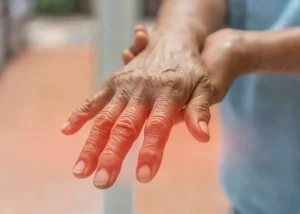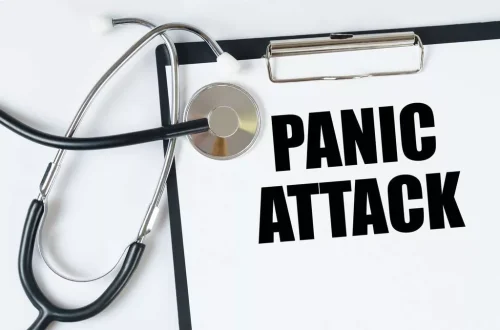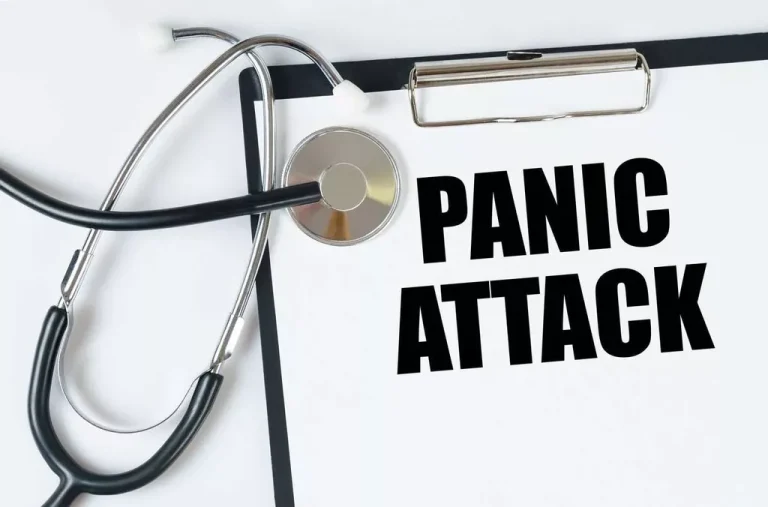
The potential for implanting false memories or exacerbating existing trauma symptoms underscores the importance of approaching memory recovery with caution and skepticism. Many mental health professionals advocate for a more balanced approach that focuses on symptom management and coping strategies rather than explicitly attempting to recover repressed memories. PTSD blackouts can manifest in various forms, each with its own unique characteristics and implications for the individual experiencing them.
- According to the Centers for Disease Control and Prevention (CDC), regular physical activity can also improve brain health and slow cognitive decline.
- Some people recover within 6 months, while others have symptoms that last for 1 year or longer.
- Reading about other people’s journeys with PTSD may help you feel less isolated in your experience.
- They are instructed to recall the traumatic memory as vividly as possible during “trauma scripts” and immediately afterward while the MRI scanner measures oxygen use in different brain areas.
- This avoidance can become broader than a specific person or setting.
How to manage brain fog

You experienced a traumatic event that your brain has not fully processed. Your mind does not know how to react around certain sights, smells, sounds and other sensory factors that remind you of that event. You may not realize you are around a trigger; your brain just reacts to it. There are many ways to help people with PTSD deal with the high levels of anger they may feel. One important goal of treatment is to improve your sense of flexibility and control. In this way, you do not have to feel as if you’re going through trauma again each time you react to a trigger with explosive or excessive anger.

Seek Treatment
Even when people are aware of the missing memories, they’ll usually avoid, minimize or rationalize why they can’t remember. PTSD and CPTSD can make it hard for your nervous system to reset and rest. This results in persistently elevated inflammation, which can lead to brain fog.
The Impact of Cultural Factors on PTSD Blackouts
While these experiences may be scary in the moment, you can control and even prevent them with the right treatment plan. In this guide, we will discuss how to handle PTSD blackouts and regain control of your mind and body. The psychological effects of wars, disasters, terror, and other traumatic life events, can be deleterious and far-reaching. Post-traumatic stress disorder (PTSD) is the most widely researched consequence of traumatic events and as such epitomizes post-traumatic psychopathology.

- It is important for anyone with PTSD symptoms to work with a mental health professional who has experience treating PTSD.
- You might not realize you have memory gaps until someone else asks or mentions something you should remember but can’t.
A study by Rothbaum et al. 36• suggests that efficacy of early CBT is strongly dependent on the type of traumatic event. CBT was most effective for sexual assault victims, had a marginal effect among accident victims, and was not effective for victims of physical assault. Additionally, CBT was found to equally reduce chronic PTSD symptoms when delivered 1 or 5 months after the traumatic event 41• and its initial effect was conserved for 3 years 42. These can be temporally classified into pre-exposure ‘vulnerability’ factors, peri-traumatic factors and reactions directly related to the event, and post-exposure adversities. Peri-traumatic factors include trauma intensity and type (e.g., intentional vs. unintentional), peri-traumatic symptoms, physiological arousal (e.g., heart rate) and gene expression. Post-exposure factors encompass social support (a protective factor), and ‘secondary’ stressors (e.g. unemployment as a result of the event) 19, 20.
Lifestyle Quizzes

During talk therapy, you may also learn ways to relax, such as when you start to have flashbacks. The stress hormones and chemicals the body releases due to the stress go back to normal levels. For some reason in a person with PTSD, the body keeps releasing the stress hormones and chemicals. You may be able to manage brain fog with some lifestyle interventions ptsd blackouts like dietary changes, consistent sleep, and regular exercise.
Further evidence is clearly needed, including the use of benzodiazepines to affect traumatic recall within minutes or hours from trauma exposure, that is, within the putative memory consolidation phase. Psychological debriefing was a widely used method in the 1980s–1990s which aimed at preventing long-term post-traumatic symptoms by promoting quick emotional processing of traumatic events shortly after trauma exposure 27. Debriefing was offered to survivors of a potentially traumatic event without prior diagnosis or evaluation, exposure being considered as good-enough risk indicator. The method has face validity drug addiction treatment and is still well-known and, therefore, may be expected by lay people when confronted with traumatic events.
